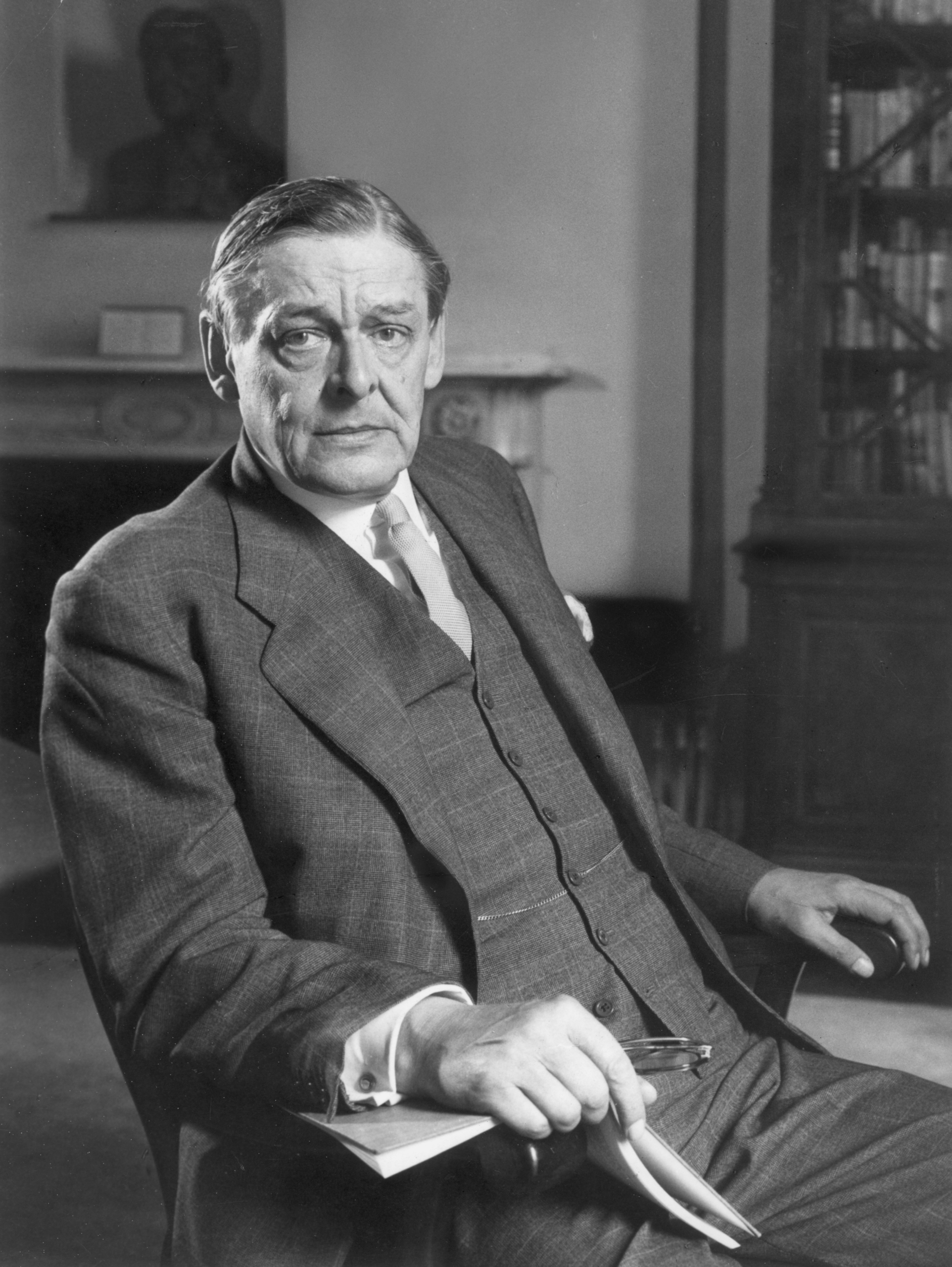Today the third installment of the Lockdown T.S.Eliot Book Club is published. Go here for Understanding Eliot. Here’s an excerpt from the post. This is from a longer article I wrote on the subject which you can read here at The Imaginative Conservative website.
Eliot’s contemplative spirituality is therefore the first key to understanding the poems. He works hard to put into words the dynamic and charge of the contemplative life—something which is all the more difficult because contemplation is, by definition, an experience beyond words. Once one understands that Eliot is wrestling with the challenge of expressing the experience of the wordless with words, one will begin to move toward the solution of the puzzle.
This wordless realm into which Eliot takes us is the region of dreams, the numinous, the collective unconscious; it is the experience of the mysterium tremendum et fascinans, to use the famous phrase of Rudolph Otto. The contemplative moves beyond the physical world, consciousness, the words, and concepts used to order and make sense of that world. He moves into a realm that is not less sensate, logical, and conscious but more sensate, logical, and conscious.
This process has been outlined by the spiritual masters, but the greatest study was by the English theologian Evelyn Underhill in her great book, Mysticism. Her work was an important influence on Eliot as was The Varieties of Religious Experience by William James—a powerful voice during Eliot’s time at Harvard.
Once we understand that Eliot is taking us into the realm of the contemplative, his puzzling language can be forgiven. If we are not clear on the exact meaning of every word, that is the poet’s intention. We are on the threshold of a realm where images and symbols prevail, and images and symbols are, by their nature, imprecise, multi-layered, mobile, and ambiguous.
Eliot would like us to experience the emotional bewilderment we might have when waking and being puzzled and disoriented by a disturbing dream. He wishes us to plunge into the experience instead of simply pondering the meaning. He takes us to the “edge of grimpen where there is no foothold,” and if we cannot specifically define what a “grimpen” is, we know by the chill in our heart and the tremor of bewilderment and fear what he is talking about.
The Lockdown T.S.Eliot Book Club is reserved for Donor Subscribers. It is a chance to use lockdown time to learn more about Eliot’s life and work and to discuss, comment and ask questions via the combox. Sign up as a Donor Subscriber here.







Leave A Comment
You must be logged in to post a comment.